
Get Inspired
Watch live every Thursday at:
9:30am - 10:30am GMT (5:30pm - 6:30pm HKT) - Join
and
5:30pm - 6:30pm GMT - Join
You can join live using the recurring links above, which will also be included in the weekly email straight to your inbox.
All seminars are also recorded and will appear in the Video Library shortly after taking place. Thank you, and enjoy!
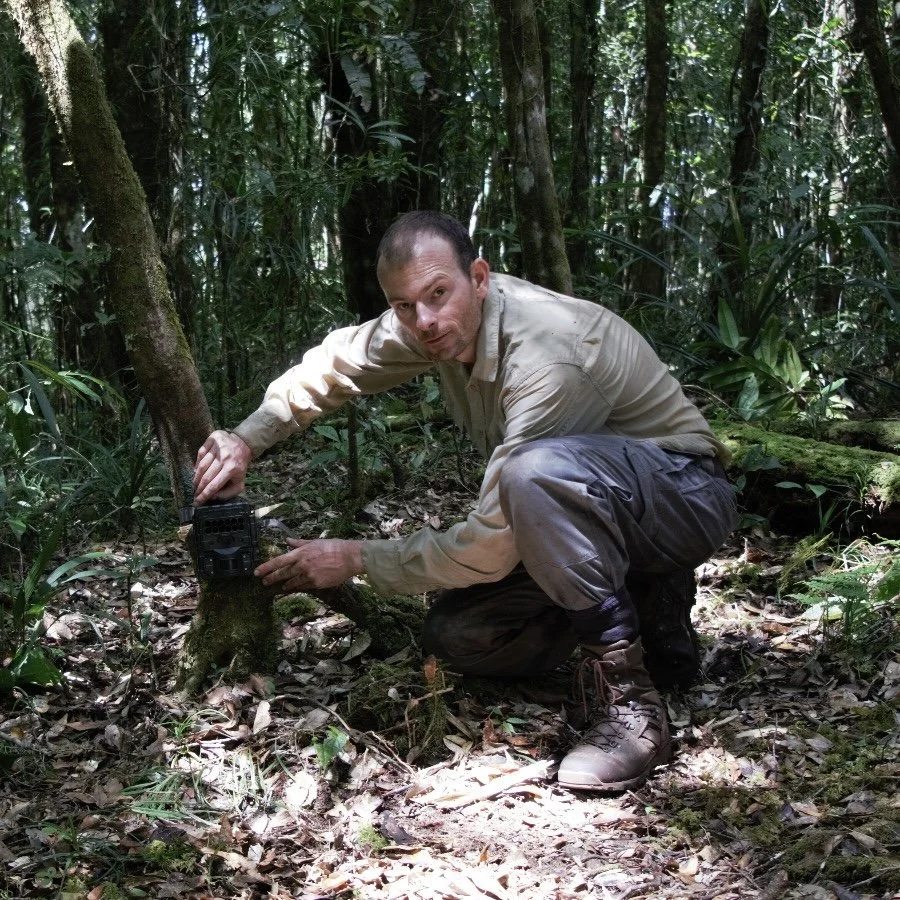
18. Discovering New Species to Science, and Rediscovering 'Lost' Ones in Remote Corners of the Globe
James Kempton will discuss Expedition Cyclops, a scientific research expedition that he led to the remote Cyclops Mountains on the island of New Guinea. The expedition yielded discoveries of new species to science, new data on why New Guinea is the world's most biodiverse island, and it rediscovered a bizarre, egg-laying mammal, that had been thought extinct (widely reported in the international media).
James will discuss the process of planning and executing such a mission, as well as the scientific questions that drove it, and will hint at future expeditions to come.
17. Reading between the lines: a guide to interpreting x-rays
X-rays are an essential tool in modern medicine, yet their interpretation often feels like cracking a complex code. Farhia will begin by demystifying the basics: what X-rays are and when to use them. The session will then dive into practical approaches for reading musculoskeletal x-rays and chest x-rays. Through case studies and real-life examples, you will identify and become familiar with key pathologies, and the seminar will equip you will the skills and confidence to make sense of these diagnostic images.

16. World Politics in 2025 - Is Populism Back?
Is Populism Back?
As Trump takes office in the United States, Reform continue to match both the Conservatives and Labour in UK polls, the populist AfD surge to prominence ahead of Germany’s upcoming election, and France’s centrist government is paralysed by populist parties, this class will focus on the return of populist. We’ll attempt to answer two questions: has populism returned as a major political force in the Western world, and what does it mean for the future of democracy?
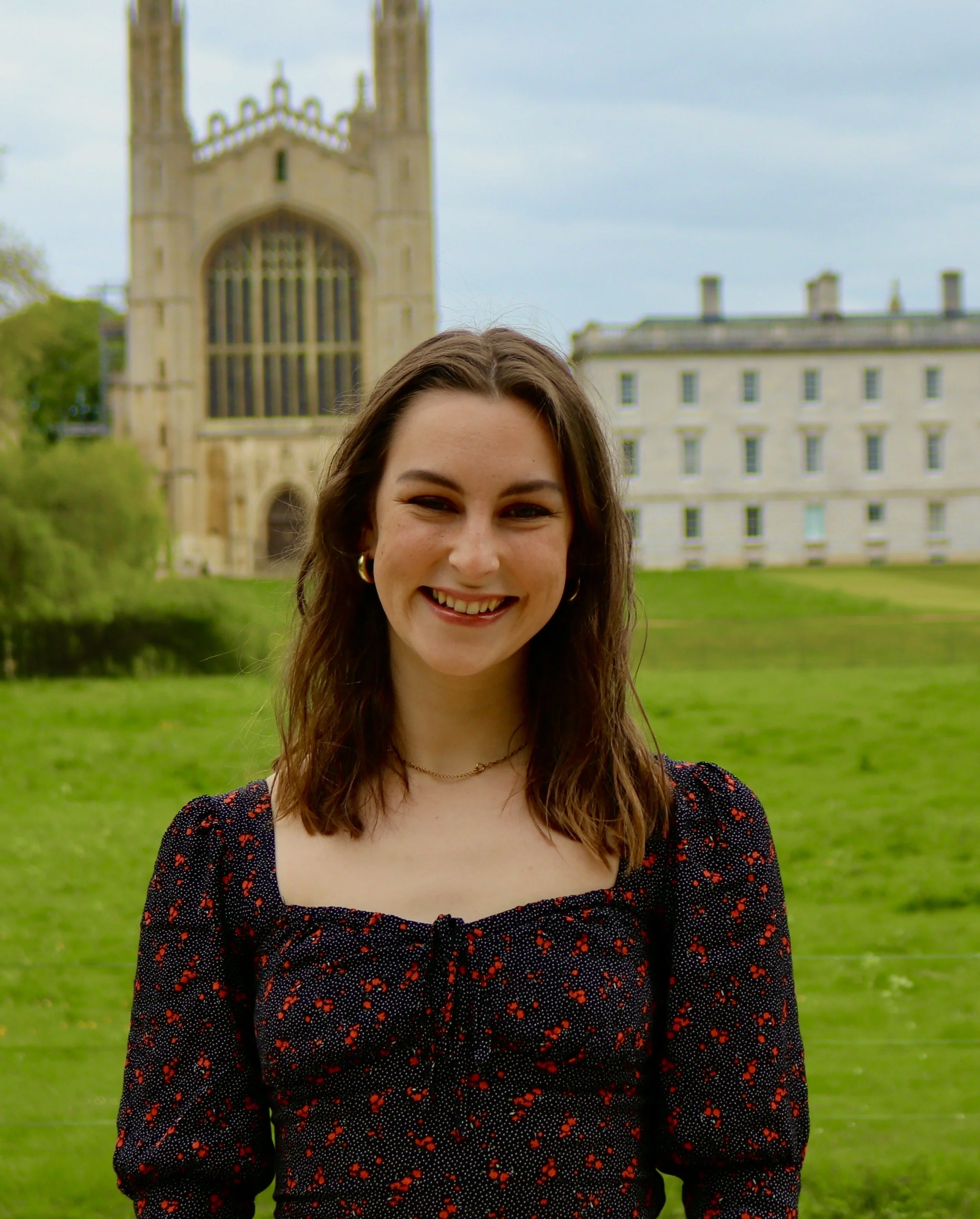
15. Education as a topic of study; The science and sociology behind how, why and what we learn.
Elizabeth Willey introduces Education as a discipline within itself. Whilst everyone has an experience- or lack thereof- of formal and informal education, we do not often stop and consider, especially while we are in education systems, the importance, past, present and future of Education.
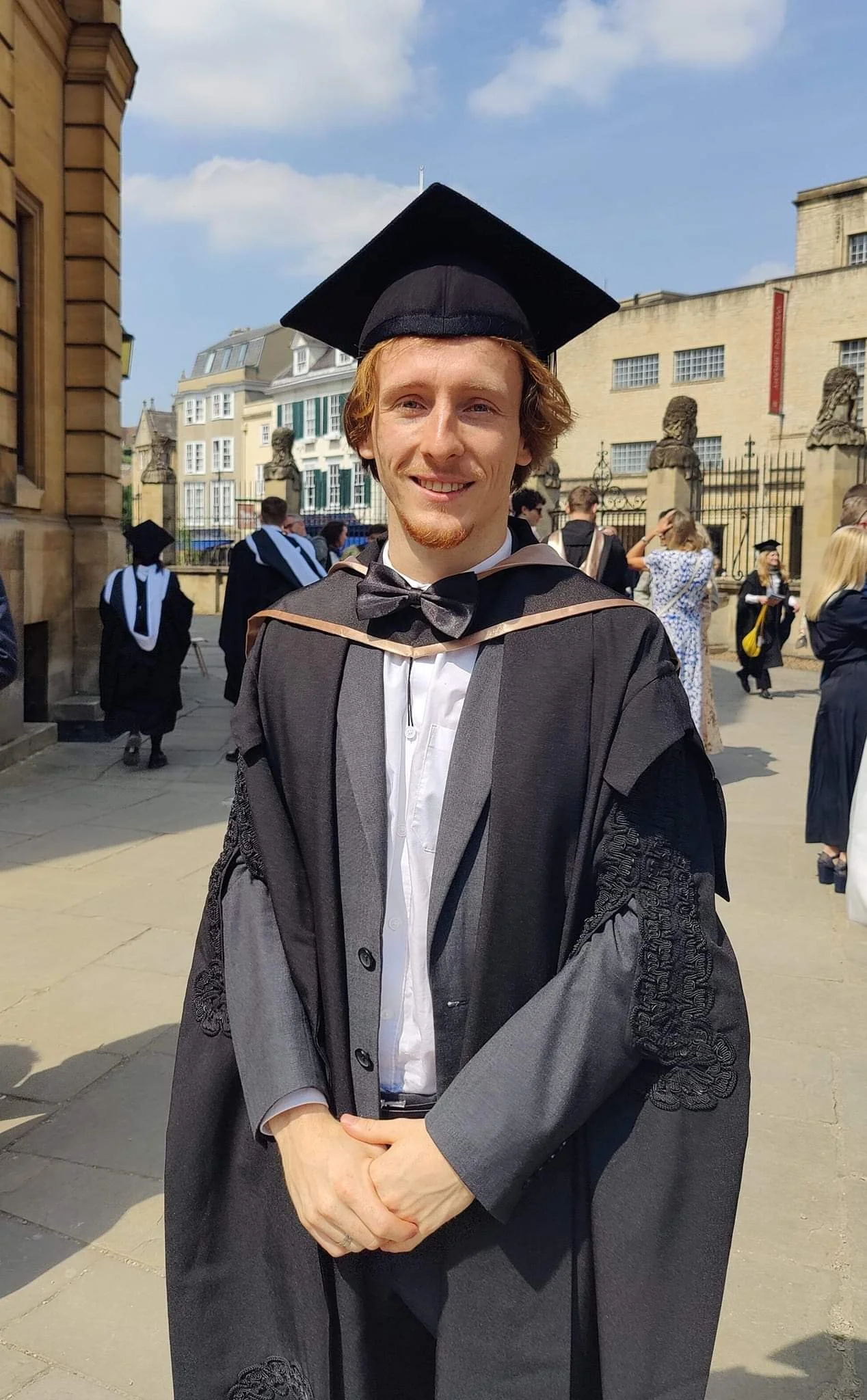
14. Philosophy - Trolleys and Ethics
Benedict Yorston, Physics and Philosophy at Oxford University, explores ethical dilemmas, and introduces different theories of morality. What ought we to do?
9:30am - 10:30am GMT (5:30pm - 6:30pm HKT) - Join
5:30pm - 6:30pm GMT - Join
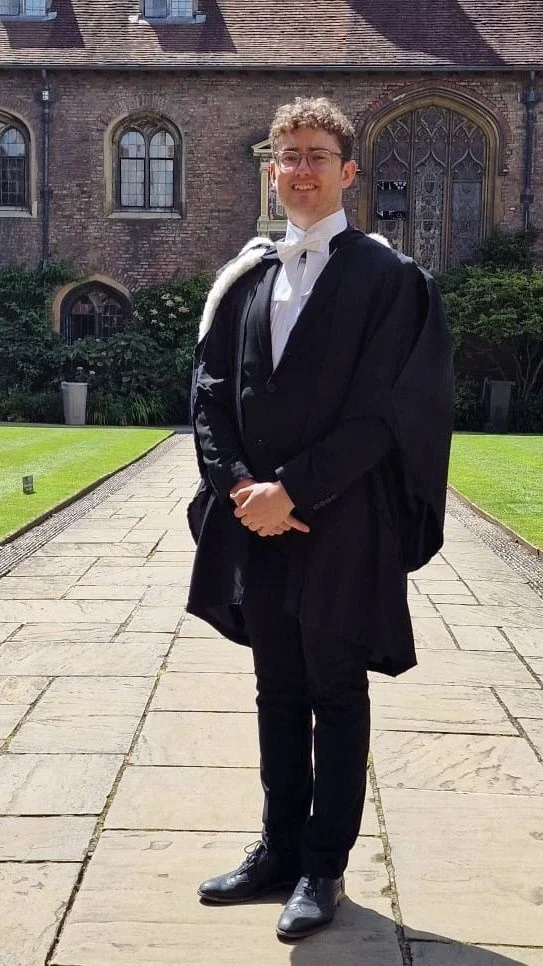
13. Economics - an Introduction
This seminar is led by Cambridge Economist Alec Doherty.
Often a misunderstood subject, economics is about how resources are allocated through society, understanding how and why trade and production decisions affect our world. From deciding how many hours to work to how best to negotiate a free-trade deal, economics provides a framework to understand the complex interactions that govern our world.
This session will provide an overview of economics at university, before providing a taster on how Trump's Tariffs may affect the world economy.
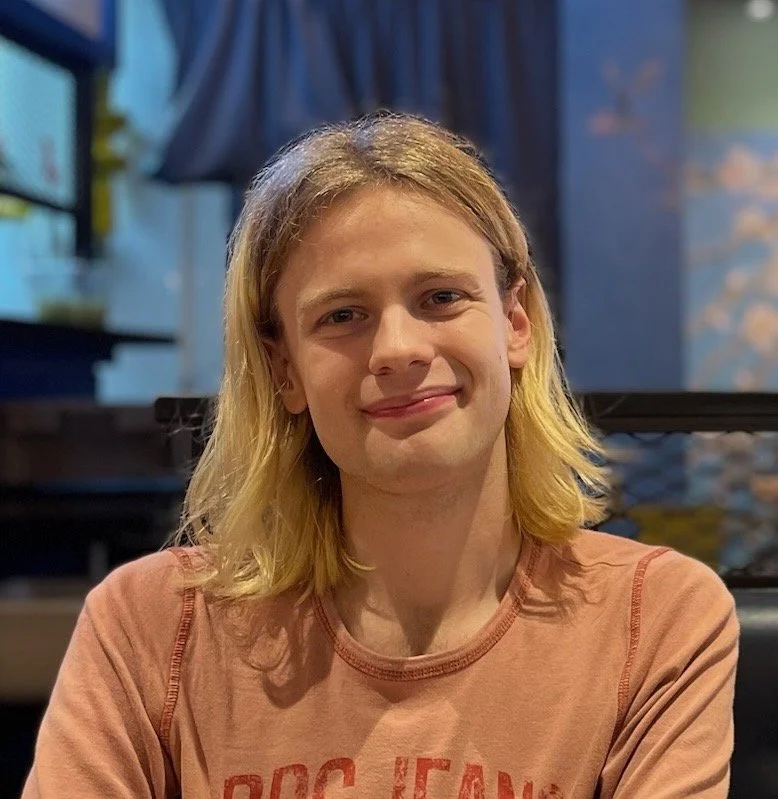
12. Modernist Madness: How Bizarre Literature Changed the Face of Art
Theo Furniss delves into the weird and wonderful world of early twentieth-century writing, exploring how innovative authors forged new forms to fit an unrecognisable society.
What is a poem? Regular rhythm and rhyme, following a set pattern? Or a mix of quotes from other writers? Can it just be a series of sounds? How about a novel - can we always trust who’s telling us the story? Does there even have to be a story?
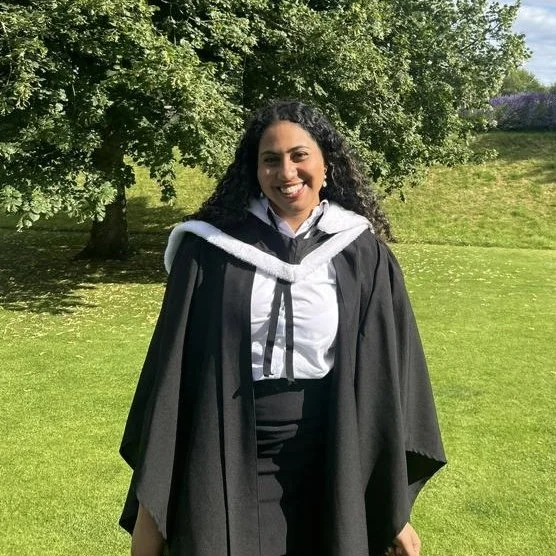
11. Magical Realism and its History in Latin America
Delivered by Historian and Linguist from Oxford University, Nikita Nunes, this seminar explores magical realism, a Latin American literary genre that blends fantasy with the everyday to critique history and politics.
Through Isabel Allende’s La casa de los espíritus and Elena Garro’s Los recuerdos del porvenir, participants will examine how these works portray political and patriarchal oppression in contexts like Pinochet’s Chile and 1920s Mexico.

10. Breaking Barriers: The Evolution of Women’s Sport
This seminar is delivered by History MPhil graduate from Oxford and former Oxford Boat Club President Ella Stadler.
How did women go from being excluded from the Olympic Games to smashing records on the world stage? This talk uncovers the history of gender in sport, tracing the struggles and triumphs of female athletes. From gender verification controversies to landmark achievements, learn how societal and institutional barriers have shaped—and continue to challenge—the world of women’s sport.
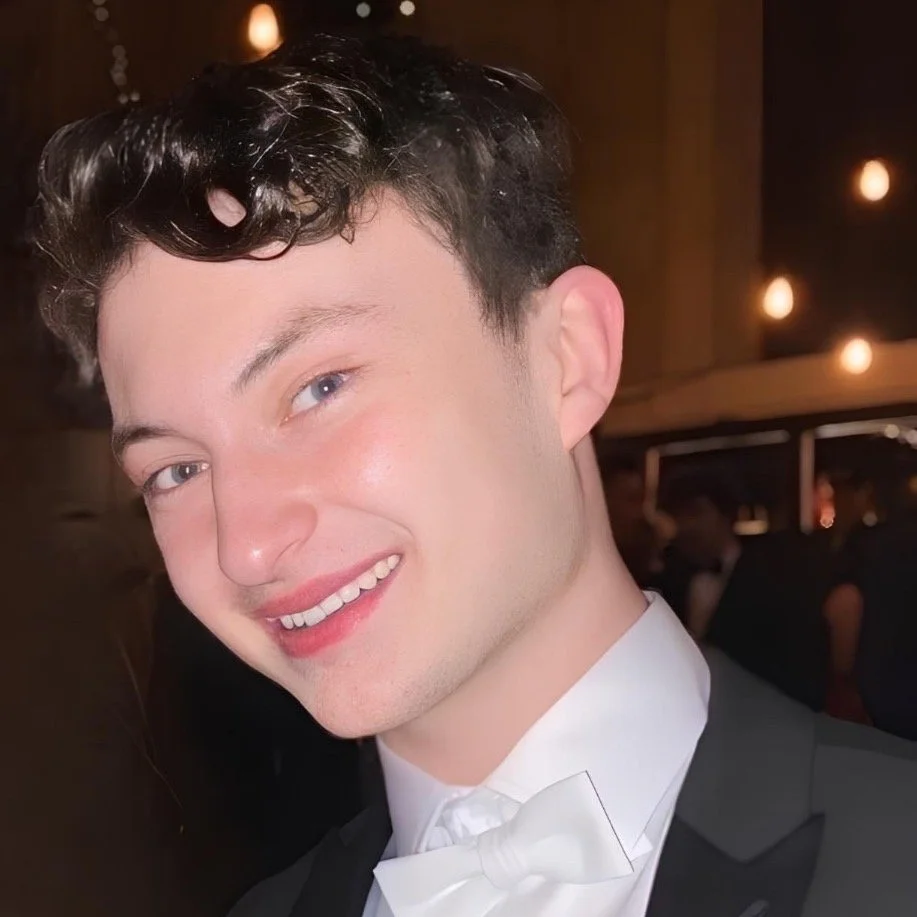
9. You’re Going to Need a Bigger Boat: How Fear and Fiction Impact Shark Populations
This seminar is delivered by Human Scientist from Oxford, Alfie Dry.
From the blockbuster Jaws to sensationalised news stories, sharks are often painted as bloodthirsty villains, feeding into widespread panic and calls for mass cullings.
Through the lenses of biology, psychology, and media studies, we’ll explore how our perceptions of sharks are shaped and what’s at stake for conservation.
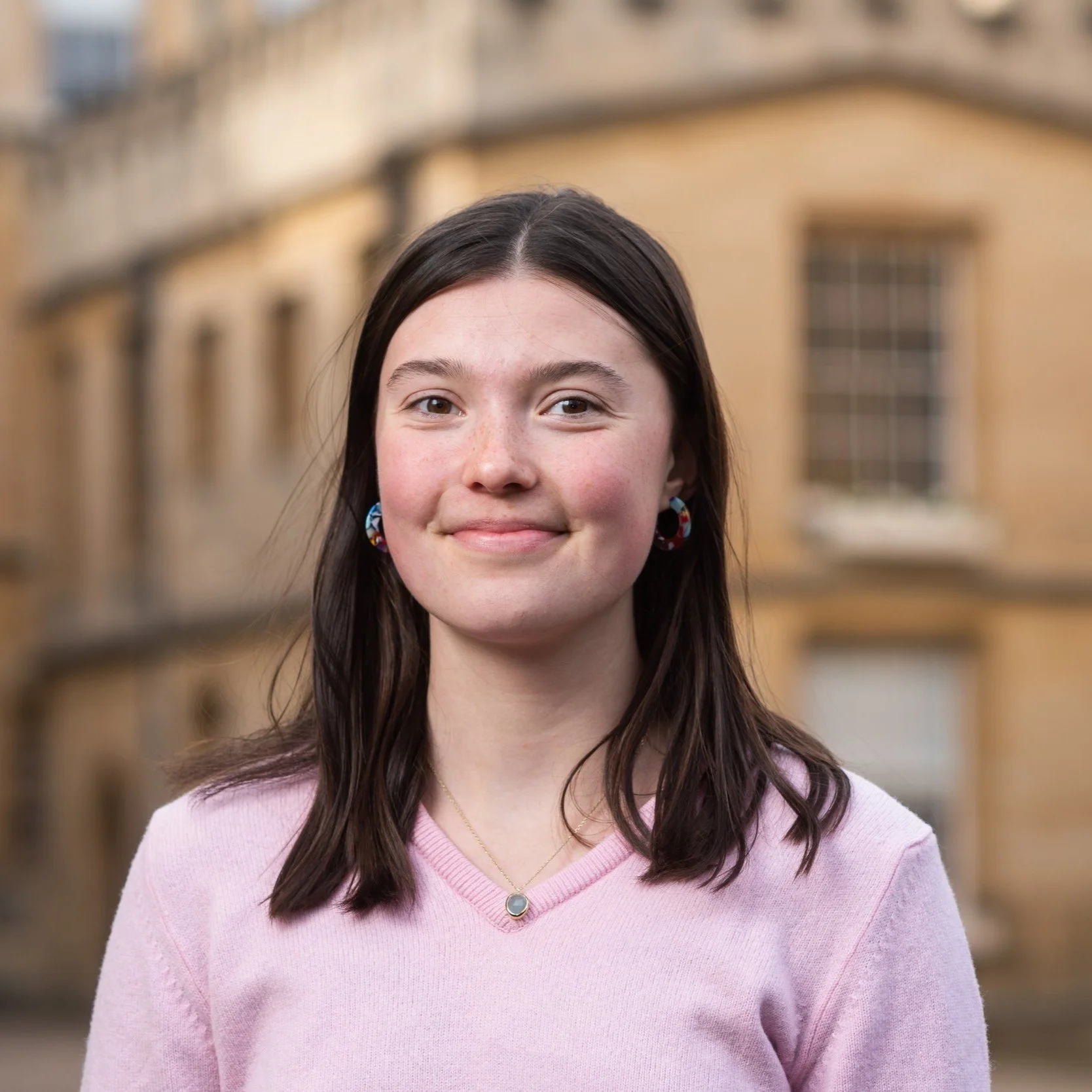
8. Understanding the Challenges and Potential Solutions to Biodiversity and Climate Change
Phoebe Reid, Biologist from Oxford University, delivers a masterclass helping students to understand the nuances of one of the most pressing global issues - climate change.
9:30am - 10:30am GMT (5:30pm - 6:30pm HKT) - Join
5:30pm - 6:30pm GMT - Join
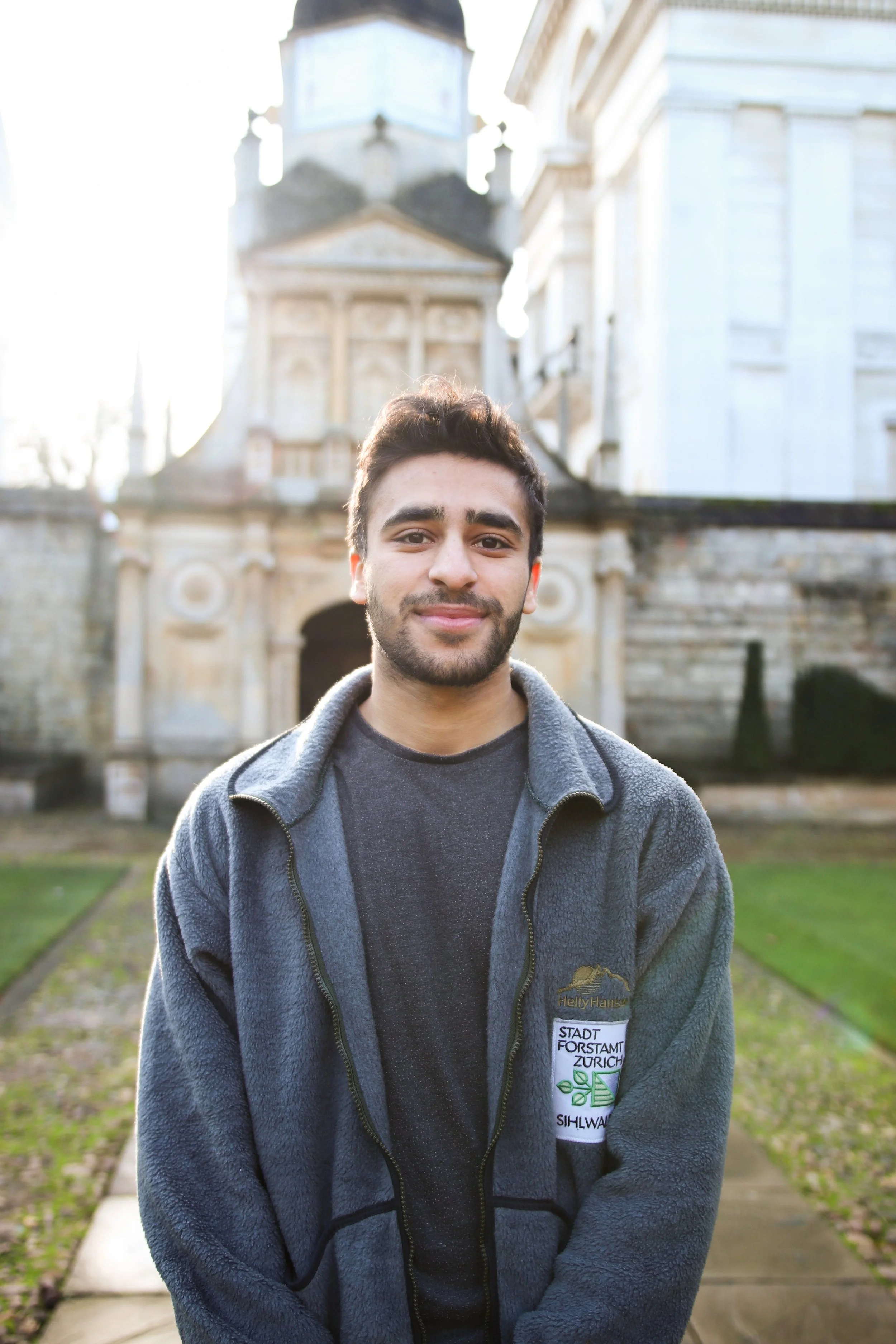
7. The Power of Estimation
Shiv Kapila, Engineer from Cambridge, a simple topic in GCSE Maths, yet one which is phenomenally important and routinely underestimated.
9:30am - 10:30am GMT (5:30pm - 6:30pm HKT) - Join
5:30pm - 6:30pm GMT - Join

6. Time - Is It a Physics Concept or a Philosophical Concept?
Benedict Yorston, Physics and Philosophy at Oxford University, explores the concept of time. What is it, and do we establish our understanding from the laws of physics, or the thinkings of philosophy?
9:30am - 10:30am GMT (5:30pm - 6:30pm HKT) - Join
5:30pm - 6:30pm GMT - Join
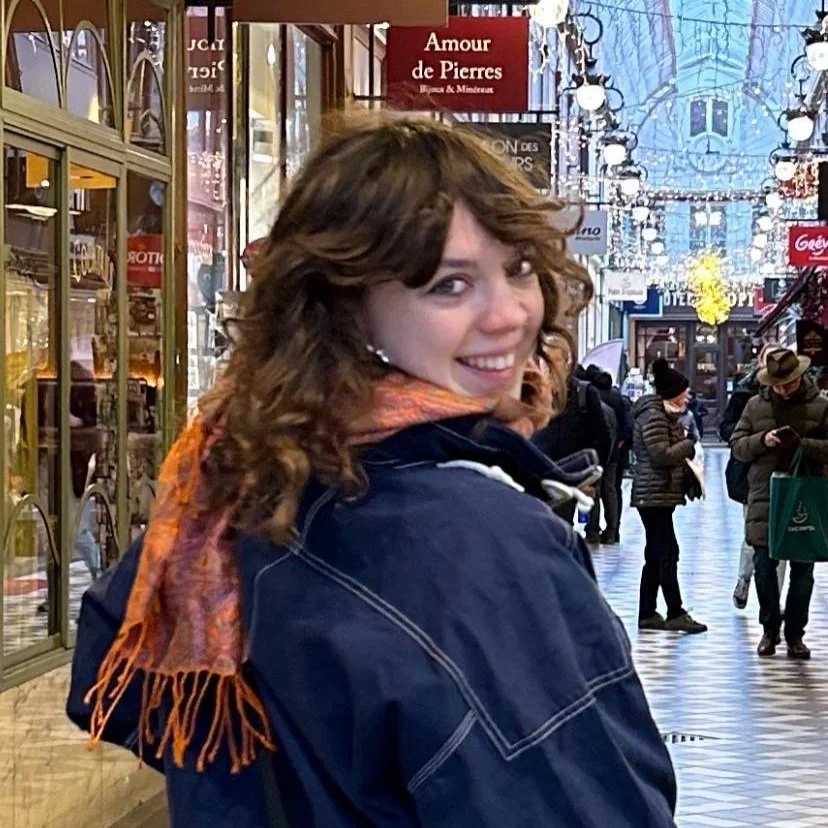
5. “Nothing Outside The Text” - Literary Criticism As A Genre
Alice Lock, English Literature at Oxford University, discusses literary criticism and explores how to understand literature beyond the scope of school academics.
9:30am - 10:30am GMT (5:30pm - 6:30pm HKT) - Join
5:30pm - 6:30pm GMT - Join

4. Are You Seeing What I’m Seeing? How Our Brain Chemistry Changes What We See
Yasmin Ratcliffe, Medic from Oxford University, explores the science of the brain, and how idiosyncrasies in our neural networks can affect our vision.
9:30am - 10:30am GMT (5:30pm - 6:30pm HKT) - Join
5:30pm - 6:30pm GMT - Join

3. Arabic - A Language Portal into the Cultural Realm Of The MENA
Nadia Roeske, Arabic at Oxford University, uses the Arabic language to explore Middle Eastern culture to give students an insight into the rich historical and cultural tapestry of the region.
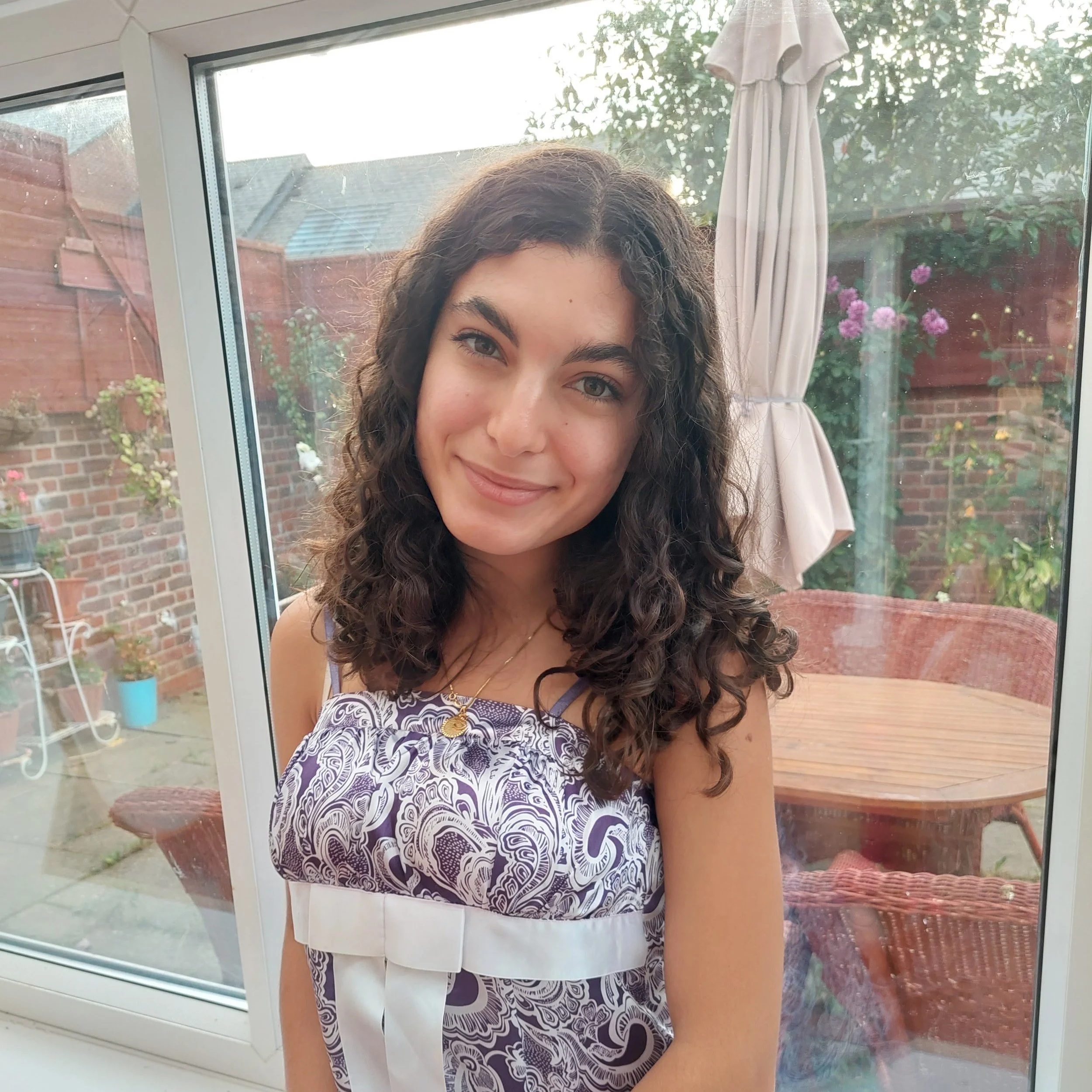
2. Britain’s Desert Empire - 20th Century Arabia And Its Impact On The Modern World
Sara Al Soodi, Historian from Oxford University, delves into Britain’s historical role in the Middle East and how their decisions might have permanently changed the region.

1. Borders - Are They Imaginary or Real?
Alfie Dry, Human Scientist from Oxford University, discusses the meaning behind borders, what they signify, how they were established, and whether they are as clearly defined as they appear on our maps.
